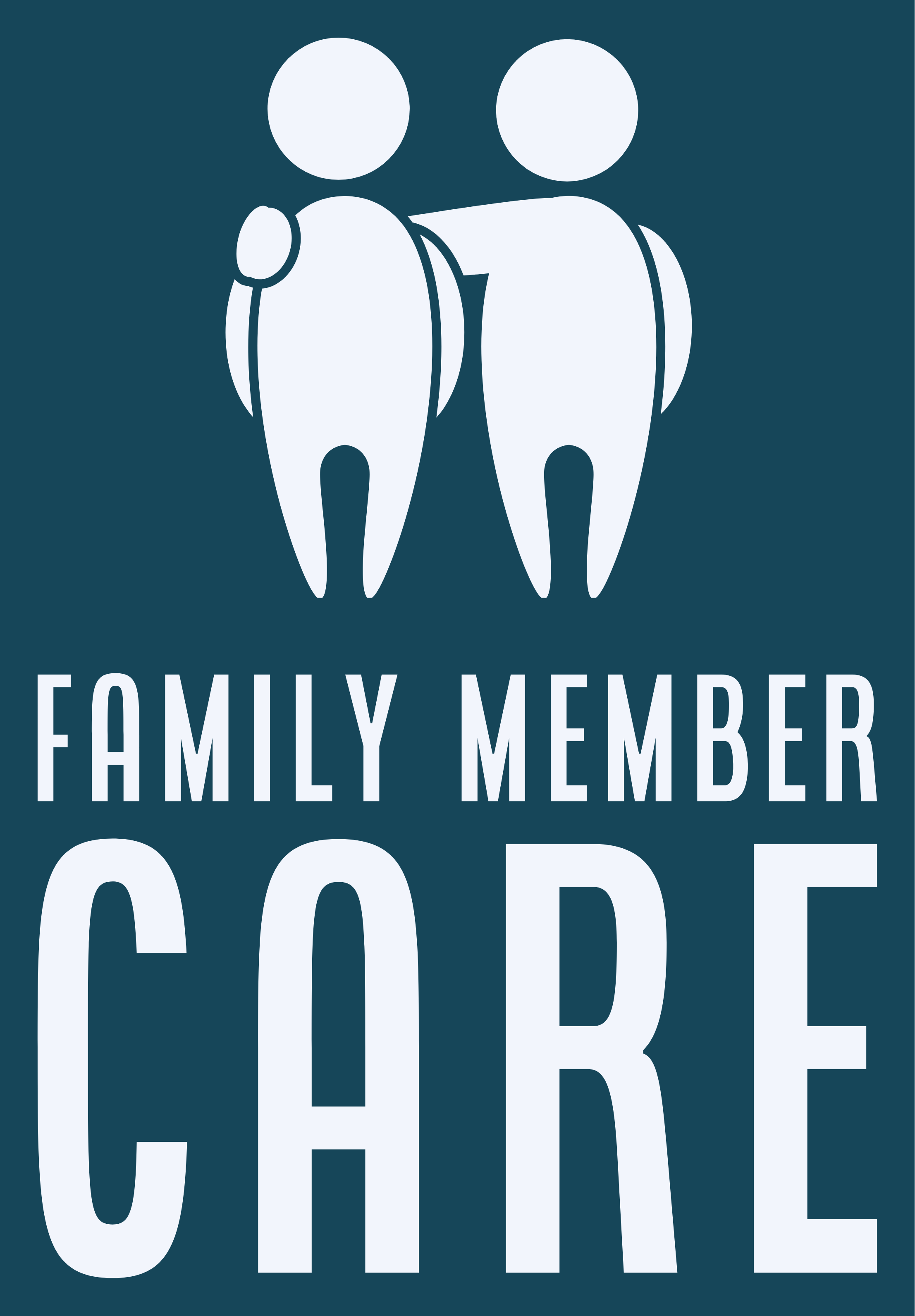When we think about healthcare, the focus is often on patients—their needs, their recovery, and their comfort. But behind every patient is often a dedicated carer, someone who devotes time, energy, and compassion to making sure their loved one receives the support they need. While the patient’s well-being is paramount, it’s important to remember that carers are often just as in need of support.
Carers: The Invisible Backbone of Healthcare
Carers—whether they are family members, friends, or professional carers—play a pivotal role in the daily lives of many patients. They are the ones who coordinate appointments, manage medications, and ensure their loved ones are comfortable and safe. This can often be a full-time commitment, leaving carers physically and emotionally drained.
According to a recent media release from Carers Australia, carers face unique challenges, from feelings of isolation to significant emotional and physical stress. Many carers report higher rates of psychological distress, with nearly half experiencing high levels of anxiety or depression. These challenges can sometimes go unnoticed, as carers may not prioritise their own well-being.
Supporting the Carers: A Holistic Approach to Care
As healthcare providers, support organisations, and community leaders, it’s vital to acknowledge and support not only the patients but also the carers who provide day-to-day assistance. It’s easy to overlook the fact that carers, while dedicated, often feel stretched thin and can benefit from the same level of emotional and practical support that we offer to patients.
It could be something as simple as listening, offering a kind word, or helping them organise their tasks and responsibilities. A little bit of empathy can go a long way in providing comfort and reassurance to someone who might be silently struggling.
A Simple Thank You Goes a Long Way
Healthcare is - when conditions are ideal - a team effort. And the carers are part of that team—unsung heroes who often go unacknowledged. It’s important for organisations and healthcare providers to recognise the role that carers play in a patient’s journey. Whether through a heartfelt thank you, offering resources to make their job easier, or simply giving them space to share their concerns, we can all do our part to help support carers.
So, the next time you interact with a patient’s carer, remember that a little bit of encouragement or assistance can go a long way. After all, carers are the ones who make sure their loved ones feel safe and cared for—even on the toughest days.


